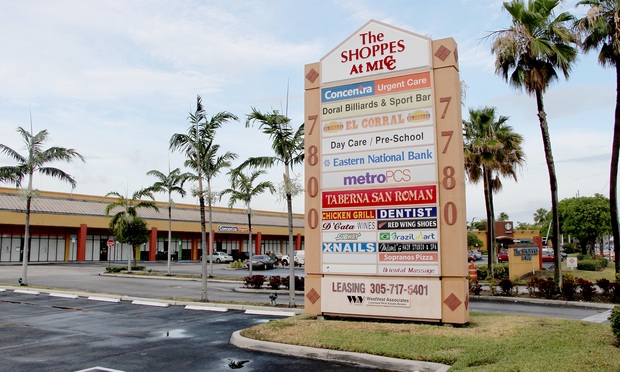The retail sector was one of the hardest-hit industries during the recent recession. The downturn, along with transformative technological advances and growing Internet retail, has led to a dramatic shift in the traditional shopping-center business model. Perhaps the new normal, these changes have rendered certain language in older leases as barriers to attracting desirable new tenants.
Oftentimes, tenants negotiate exclusives preventing landlords from leasing space or approving assignments or sublets for a similar use or prohibited uses. Such exclusive provisions effectively prevent certain uses in the shopping center that a tenant may find either offensive or detrimental to the value of the shopping center. These provisions, reasonable at the time of negotiation, can sometimes become outdated quickly as new business ideas develop, unforeseen by landlords and their attorneys. Recently, this phenomenon has been particularly pronounced with the growth of certain unconventional shopping center tenants.
Urgent Care Clinics
This content has been archived. It is available through our partners, LexisNexis® and Bloomberg Law.
To view this content, please continue to their sites.
Not a Lexis Subscriber?
Subscribe Now
Not a Bloomberg Law Subscriber?
Subscribe Now
LexisNexis® and Bloomberg Law are third party online distributors of the broad collection of current and archived versions of ALM's legal news publications. LexisNexis® and Bloomberg Law customers are able to access and use ALM's content, including content from the National Law Journal, The American Lawyer, Legaltech News, The New York Law Journal, and Corporate Counsel, as well as other sources of legal information.
For questions call 1-877-256-2472 or contact us at [email protected]



